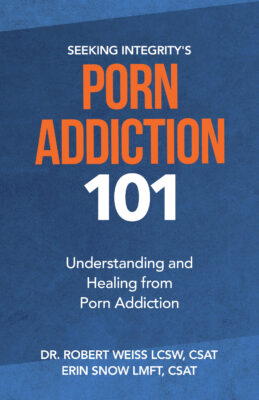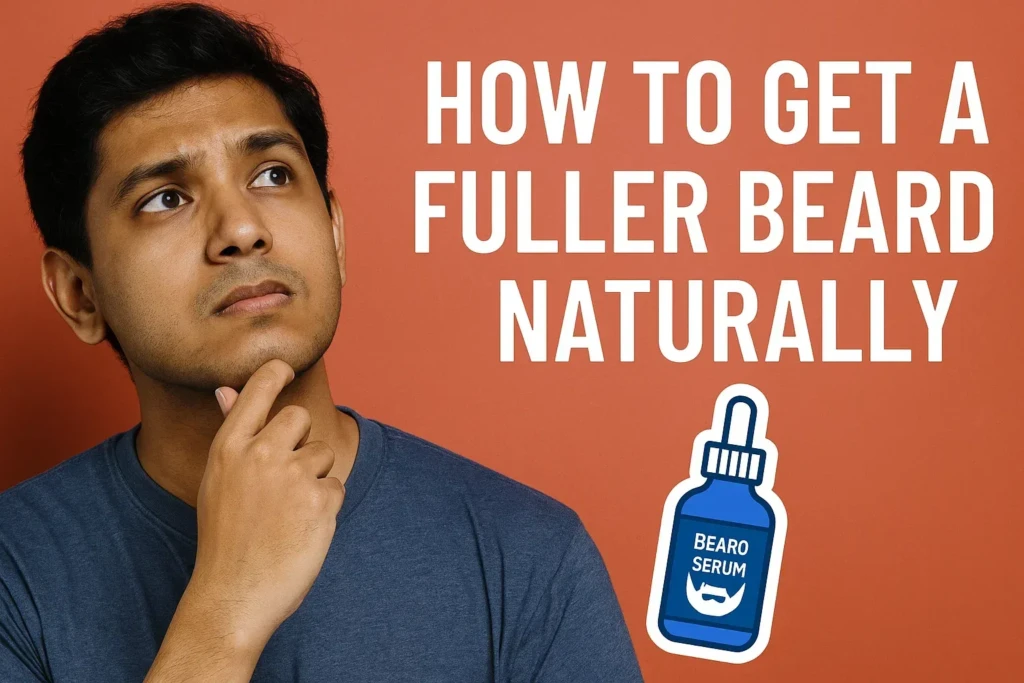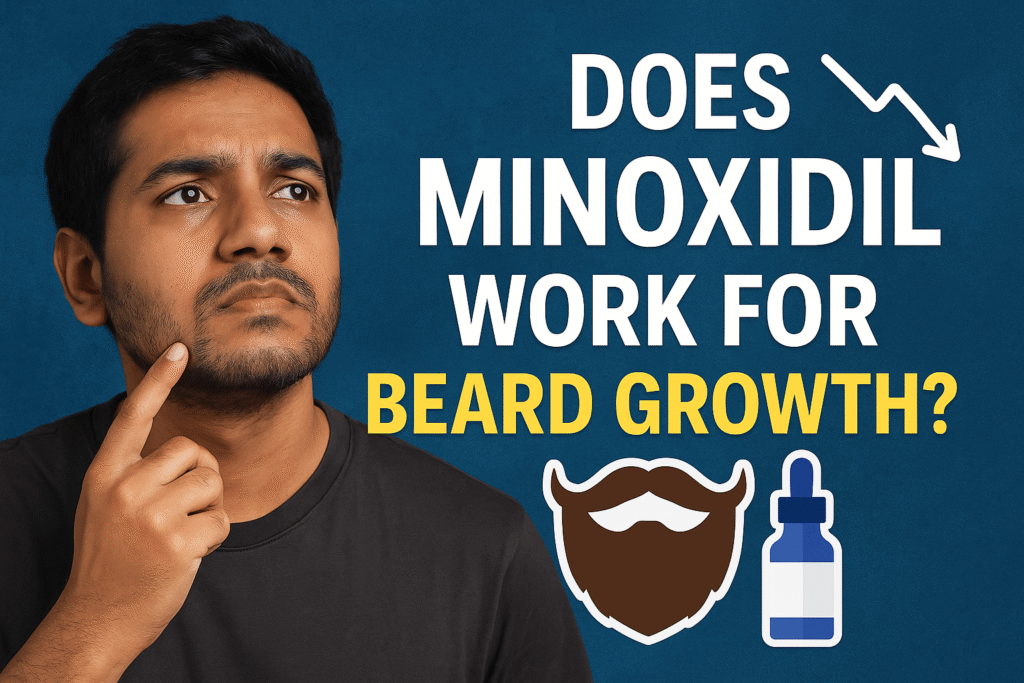Tips for Effective Circle Planning

Robert Weiss, Ph.D., LCSW, CSAT
In my previous articles on this site, I introduced the concept of Circle programs for recovering porn addicts, noting that these programs define and set the acceptable and unacceptable sexual behaviors for each addict restrictions. This week, I’m providing tips on how to create the most effective circle plan.
When first created, circular plans often look impeccable. However, they often are not, which allows many porn addicts to manipulate and bypass their sobriety efforts. Knowing this, it’s wise to keep the following tips in mind when building and implementing a circle plan.
- Make it clear. The Circle Project is designed to define sexual moderation while providing structure for a healthier, happier life. They are written and signed as contracts to hold you accountable to your commitments, especially in challenging situations. If you lack clear written boundaries, it’s easy to immediately decide that certain activities are okay for the moment, even if they have been highly problematic in the past. Remember, impulsive decisions made without clear guidance are what will bring you down in the first place, so it’s best to leave no wiggle room in a sober state.
 Always cover masturbation. One potentially tricky gray area in circle planning is masturbation. For most porn addicts, masturbation, even without porn use, is an integral part of the problem and directly contributes to the fantasies that produce addictive pleasure. In this case, masturbation is either an unconscious red circle behavior or a Very Slippery yellow circle behavior (some addicts call it orange circle). If an addict is unsure where to place masturbation in their plan, I recommend erring on the side of caution, which means treating masturbation (even without pornography) as a red circle behavior, at least initially. I recommend this primarily because if an addict masturbates, it involves sexual fantasies, and those fantasies are likely to involve either erotic or non-erotic memories. For addicts, fantasizing about porn is the same as watching porn.
Always cover masturbation. One potentially tricky gray area in circle planning is masturbation. For most porn addicts, masturbation, even without porn use, is an integral part of the problem and directly contributes to the fantasies that produce addictive pleasure. In this case, masturbation is either an unconscious red circle behavior or a Very Slippery yellow circle behavior (some addicts call it orange circle). If an addict is unsure where to place masturbation in their plan, I recommend erring on the side of caution, which means treating masturbation (even without pornography) as a red circle behavior, at least initially. I recommend this primarily because if an addict masturbates, it involves sexual fantasies, and those fantasies are likely to involve either erotic or non-erotic memories. For addicts, fantasizing about porn is the same as watching porn.- Stay flexible (over time). Circle plans are not set in stone. In fact, recovering porn addicts often spend a month or two (or a year or two) working on a specific set of boundaries before realizing their plans need to be adjusted. (Recent developments in digital technology have forced many long-term sober addicts to revise their plans.) That said, changing circle plans is never something you should do on your own. Making changes should always require input from your therapist, 12-step sponsor, and sobriety support network. Changes to circle plans are not just made because some special circumstances arise and you decide to make changes at the time. This behavior is not called changing your plans; it is called changing your plans. This is called acting.
- to be honest. Creating an effective circle plan requires complete and brutal honesty not only from you, but also from your advisor. Let’s face it, if you want to justify continuing a particular behavior, even if you know it no longer serves a healthy purpose, you can probably find someone to sign off on that behavior (or at least agree that it no longer serves a healthy purpose purpose) a big thing). It’s important to remember that the purpose of creating a circle plan is not to justify and rationalize problematic behaviors (or even watered-down versions of those activities); it is to rationalize problematic behaviors. The goal is to put an end to sex and the incomprehensible demoralization it brings.
- Consider other people. Porn addicts who make circle plans while single often find that they need to modify their plans if they enter a serious relationship. At the same time, porn addicts who are already in long-term relationships need to consider how their new boundaries will affect their partners. If you’re currently in a relationship, explaining to your partner why you’re changing the way you’re intimate can often lessen the impact.
* * * * * * * * * * *
Seeking Integrity is proud to serve clients around the globe, providing world-class expertise and care. If you would like to learn about treatment options today, please contact us at 1-747-234-4325 or through our contact page.
upright. expertise. recover.


 Anal Beads
Anal Beads Anal Vibrators
Anal Vibrators Butt Plugs
Butt Plugs Prostate Massagers
Prostate Massagers
 Alien Dildos
Alien Dildos Realistic Dildos
Realistic Dildos
 Kegel Exercisers & Balls
Kegel Exercisers & Balls Classic Vibrating Eggs
Classic Vibrating Eggs Remote Vibrating Eggs
Remote Vibrating Eggs Vibrating Bullets
Vibrating Bullets
 Bullet Vibrators
Bullet Vibrators Classic Vibrators
Classic Vibrators Clitoral Vibrators
Clitoral Vibrators G-Spot Vibrators
G-Spot Vibrators Massage Wand Vibrators
Massage Wand Vibrators Rabbit Vibrators
Rabbit Vibrators Remote Vibrators
Remote Vibrators
 Pocket Stroker & Pussy Masturbators
Pocket Stroker & Pussy Masturbators Vibrating Masturbators
Vibrating Masturbators
 Cock Rings
Cock Rings Penis Pumps
Penis Pumps
 Wearable Vibrators
Wearable Vibrators Blindfolds, Masks & Gags
Blindfolds, Masks & Gags Bondage Kits
Bondage Kits Bondage Wear & Fetish Clothing
Bondage Wear & Fetish Clothing Restraints & Handcuffs
Restraints & Handcuffs Sex Swings
Sex Swings Ticklers, Paddles & Whips
Ticklers, Paddles & Whips






 Always cover masturbation. One potentially tricky gray area in circle planning is masturbation. For most porn addicts, masturbation, even without porn use, is an integral part of the problem and directly contributes to the fantasies that produce addictive pleasure. In this case, masturbation is either an unconscious red circle behavior or a Very Slippery yellow circle behavior (some addicts call it orange circle). If an addict is unsure where to place masturbation in their plan, I recommend erring on the side of caution, which means treating masturbation (even without pornography) as a red circle behavior, at least initially. I recommend this primarily because if an addict masturbates, it involves sexual fantasies, and those fantasies are likely to involve either erotic or non-erotic memories. For addicts, fantasizing about porn is the same as watching porn.
Always cover masturbation. One potentially tricky gray area in circle planning is masturbation. For most porn addicts, masturbation, even without porn use, is an integral part of the problem and directly contributes to the fantasies that produce addictive pleasure. In this case, masturbation is either an unconscious red circle behavior or a Very Slippery yellow circle behavior (some addicts call it orange circle). If an addict is unsure where to place masturbation in their plan, I recommend erring on the side of caution, which means treating masturbation (even without pornography) as a red circle behavior, at least initially. I recommend this primarily because if an addict masturbates, it involves sexual fantasies, and those fantasies are likely to involve either erotic or non-erotic memories. For addicts, fantasizing about porn is the same as watching porn.










